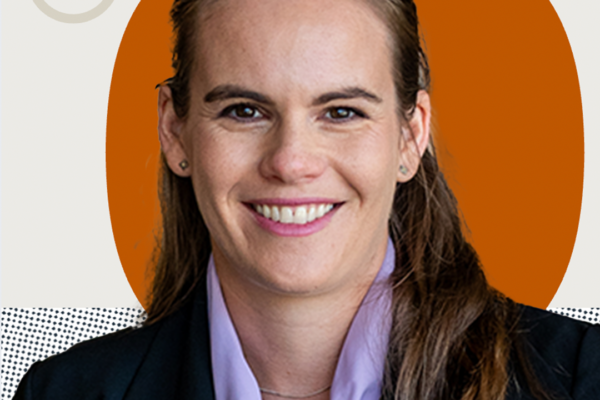Idea Workouts
Exercise promotes the production of the insights that are fundamental to our scholarship

“I’m allergic to exercise.” Someone close to me often says this when casual conversations turn to Bikram yoga, Pilates classes, 10K’s, or — heaven help us — pickleball. She usually gets a few chuckles and occasionally some outright LOLs when she says it. She’s a nonbeliever in the “no pain, no gain” adage about bodily health. Well, at least she isn’t enough of a believer that it would change her lifestyle: “I’m not allergic to margaritas.”
However, it is widely understood from many decades of research that mental health is also abetted by exercise, painful or not. Working out regularly or merely sometimes curbs generalized anxiety, post-traumatic stress, chronic fatigue, and insomnia, among other psychological maladies and illnesses. It has a remarkable impact on reducing depression, often more so than the strongest medications. All of these positive consequences come about, in part, because physical activity releases combinations of helpful neurotransmitters in the brain.
There’s yet another set of facts about exercise that are less well-known. Acute and chronic workouts, involving aerobic or resistance training, have abundant benefits for how we process information. That includes many aspects of thinking: better attentional focus, more accurate and faster memory retrieval, and heightened executive functioning. Who doesn’t want to heighten their (Subliminal Man says: … pay from …) executive functioning? Perhaps the least known but still empirically dependable outcome of exercise is expanded creativity. People think more flexibly, and generate greater quantities and higher qualities of novel, applicable ideas (the definition of creativity) when they engage in physical activity.
The production of Big Ideas™, the fundamental element that all our scholarship requires, is promoted by working out.
There are some crucial things to know about the exercise-to-creativity connection before the next time you try to plow through a mental block on your manuscript by using jump-rope swings, kettlebell throws, butterfly strokes, trail running, or an erg session. The best ideas predominantly come after, not during, your exercise, particularly if your exertion is high and your pain is exquisite. In addition, the cognitive ROI for physical VO2 has something of a bathtub-shaped curve over adulthood. Benefits are greatest for younger and older exercisers. For once there’s some positive news about being silver-haired.
Knowing all of this, the same very close friend quoted above is quick to point out: “You know, just walking is an exercise.” In response, I often ask, “So, are you allergic to that?” She’ll reply, “Not if it’s with you, dear.” Then off we go, my wife and I, to stroll through some idea cardio together.
I don’t know if Caitlin Gorback gets her Big Ideas™ after working out. But, she has good ones nonetheless. In her column, she talks about a fairly new but sometimes giant-sized player in rental markets.

Dr. David A. Harrison
Associate Dean for Research
About this Post
Share:


